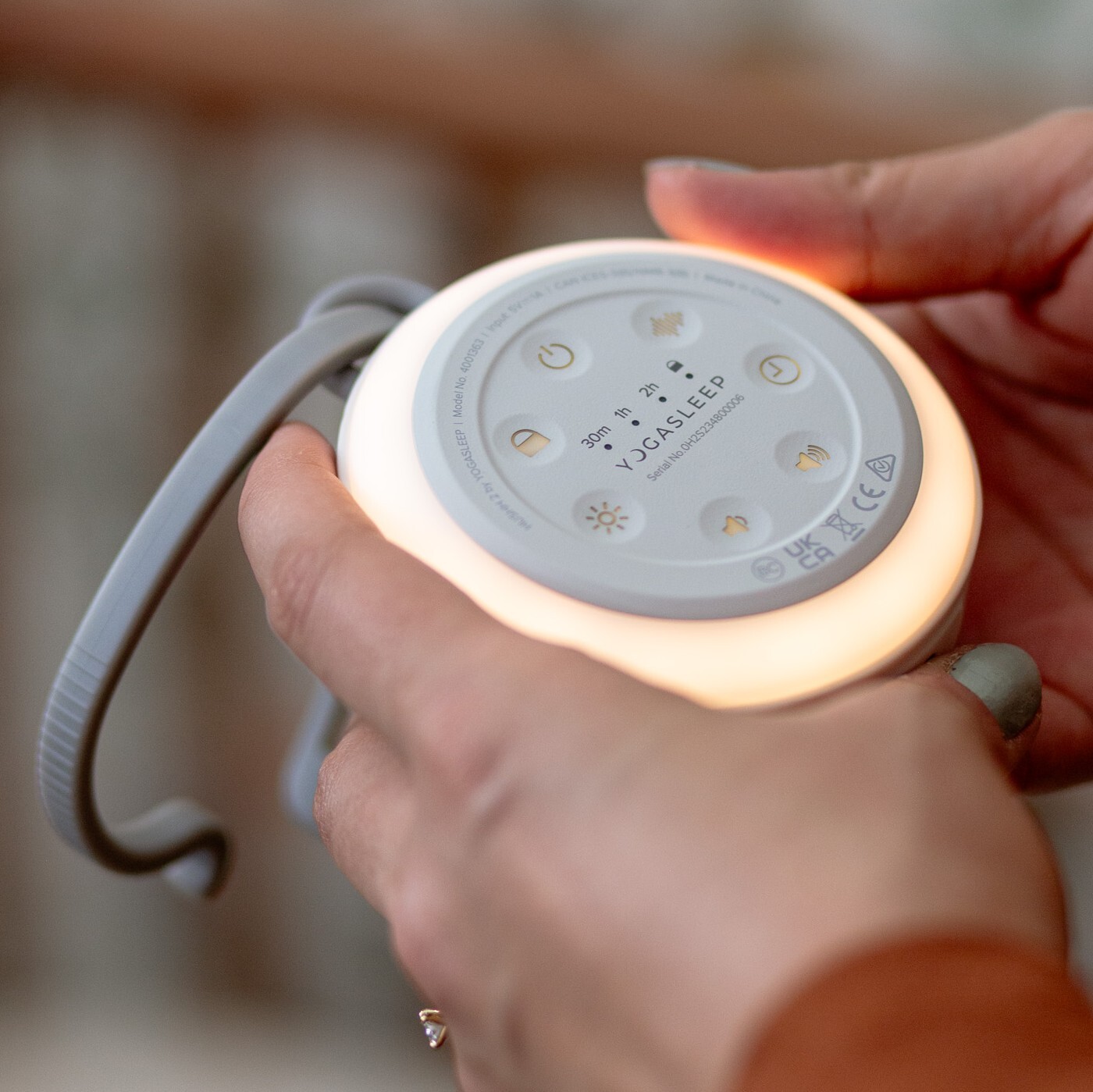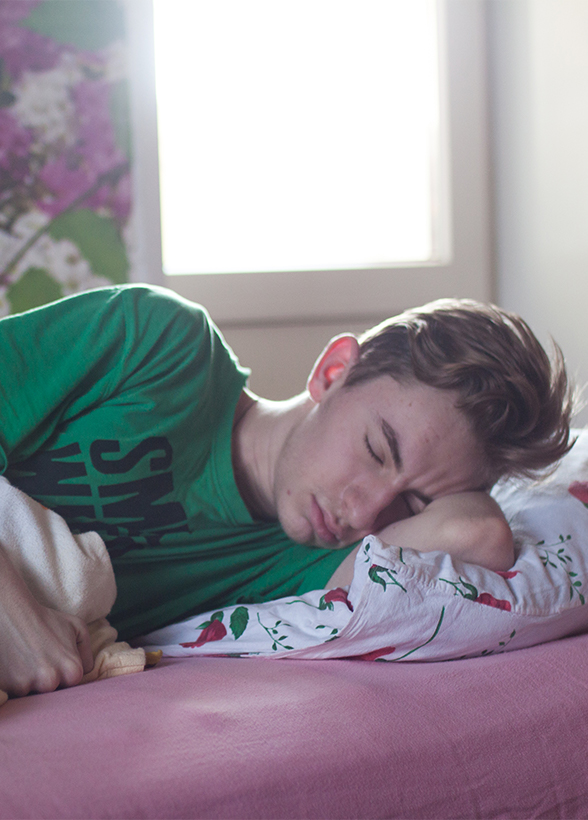Life is a teenager is tiring! There's school, after school activities, sport and hanging out with friends. There may be the occasional time spent with family and helping round the house. Not to mention the never-ending pull of social media and other online games and more....
Teenagers also go through a physiological change that means they aren't ready to fall asleep until later, so this combined with getting up early every day for school means teens are often very overtired.
For your teen to be happy and healthy, and do well at school, a minimum of 8 to 9 hours' good sleep is recommended daily. Mental health challenges are well documented in the teenage years, and adequate sleep is essential for mental well being. Not to mention that memories are consolidated while you sleep, so inadequate sleep makes learning and remembering school work very difficult.
Here's our essential tips for helping your teen get enough sleep:
Limit screens in the bedroom
Screens can both prevent your teen falling asleep but also provide so much entertainment they won't even try to get to sleep! The blue light that comes from phone, tablet or computer screens interferes with melatonin production, which makes it harder to get drowsy and fall asleep.
Having screens in the bedroom also means your teen is more likely to stay up late interacting with friends on social media. It also opens them up to the worry that can come from online bullying at night.
Encourage your teenager to have at least 30 minutes of screen-free time before going to sleep and have a central place for all family devices to charge over night.
Exercise for better sleep
Regular exercise helps you sleep more soundly, as well as improving your general health. So we recommend that all teenagers try to do at least 60 minutes' exercise every day. This may be a combination of organised sport or daily activity such as walking or biking to school.
Exercising out in daylight will help to encourage healthy sleep patterns, too.
Cut out the caffeine
Too much caffeine makes falling asleep difficult and will reduce the amount of deep sleep your teen has. it can also make staying asleep harder.
Suggest that your teenager drinks less caffeine – found in drinks such as energy drinks, tea and coffee – particularly in the 4 hours before bed. Keep an eye on how often they are heading off to the dairy or supermarket with their friends and buying high caffeine drinks as there is also some peer pressure involved here.
Don't binge before bedtime
Let teenagers know that eating too much, or too little, close to bedtime can lead to an overfull or empty stomach. This can be a cause of discomfort during the night and may prevent sleep.
Have a good routine
Encourage your teenager to get into a regular bedtime routine. Doing the same things in the same order an hour or so before bed can help them drift off to sleep.
Create a sleep-friendly bedroom
Ensure your teenager has a good sleeping environment – ideally a room that is dark, cool, quiet and comfortable. It might be worth investing in thicker curtains or a blackout blind to help block out early summer mornings and light evenings. The same room temperature recommendation applies to teens as it does for children, that the ideal temperature for sleep is 18-20 degrees.
Talk through any problems
Talk to your teenager about anything they're worried about. This will help them to put their problems into perspective and sleep better. Encouraging the use of a gratitude journal can also be a very useful tool, helping your teen to develop a positive growth mindset and think positively about their day rather than going to bed feeling negative.
You could also encourage them to jot down their worries or make a to-do list before they go to bed. This should mean they're less likely to lie awake worrying during the night.
Avoid long weekend lie-ins
Encourage your teen to not sleep in for hours at weekends. Late nights and long lie-ins can disrupt your body clock and leave you with weekend "jet lag" on Monday morning.
Try these simple lifestyle changes that improve sleep.























